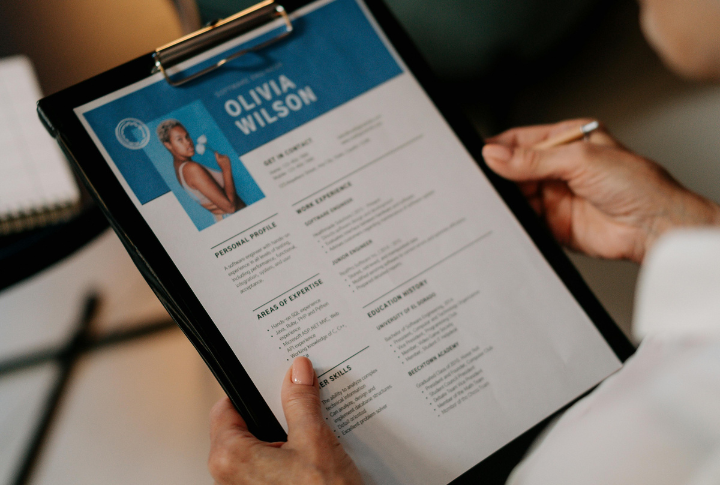
You walked out of the interview feeling great, but the job isn’t yours just yet. What happens next can be just as important as how you answered those tough questions. So, here are ten common mistakes to avoid to keep your chances strong and leave a lasting impression for all the right reasons.
Neglecting To Send A Thank-You Note

Recruiters expect follow-ups. Skipping this simple step can make you seem indifferent. It reminds the interviewer who you are and keeps you fresh in the interviewer’s mind. Skip it, and you blend into the sea of forgettable candidates. Hence, a quick, thoughtful email can make all the difference.
Following Up Excessively

Enthusiasm is great, but desperation? Not so much. Bombarding the hiring manager with emails is like texting someone five times before they reply. One well-timed follow-up is enough. If they want you, they’ll respond. If they don’t, it’s time to move on.
Ignoring A Request For Additional Information

If an employer asks for extra details, take it as a good sign! But dragging your feet or forgetting altogether? Not a great look. Being prompt with documents, references, or work samples shows you’re reliable. Show them you’re the kind of person who follows through.
Ghosting The Employer

Silence speaks volumes. Disappearing after an interview damages professional credibility. Even if the role no longer interests you, a polite withdrawal email maintains relationships. Recruiters never forget when candidates ghost them, and word spreads through networks.
Being Unprepared For A Second Interview

If the first interview went well, expect round two. Walking in unprepared is like showing up for a final exam without studying. Do your homework, anticipate follow-up questions, and be ready to impress. The second round is where the real decision-making happens.
Posting About The Interview On Social Media

Oversharing online can backfire. Mentioning interview experiences—positive or negative—on LinkedIn, Twitter, or Facebook risks breaching confidentiality. Employers monitor candidates’ digital presence, and a careless post might raise red flags. Hence, wait for an official job offer before sharing career updates.
Providing Conflicting Information In Follow-Ups

Telling different versions of your story can land you in hot water. If your follow-up contradicts what you said in the interview, expect raised eyebrows. Stay consistent, double-check your facts, and make sure your responses align. Employers love candidates who know their own story.
Badmouthing A Previous Employer

Negative remarks leave lasting impressions. Complaining about past bosses, toxic workplaces, or unfair policies may seem like venting, but it signals potential red flags. Recruiters assume you’ll do the same about them. Keep follow-ups professional and focus on excitement for new opportunities instead.
Failing To Clarify Next Steps

Walking away without asking, “What happens next?” is like leaving a cliffhanger in a story. Before the interview ends, get clarity on the timeline and follow-up expectations. Knowing what to expect saves you from unnecessary stress and awkward waiting.
Pressuring For An Immediate Answer

Asking, “So, did I get the job?” before they’ve had a chance to process is like proposing on a first date—too soon, too fast. Give them space to decide. Confidence is attractive; desperation is not. Let the process play out, and trust your skills to do the talking.

